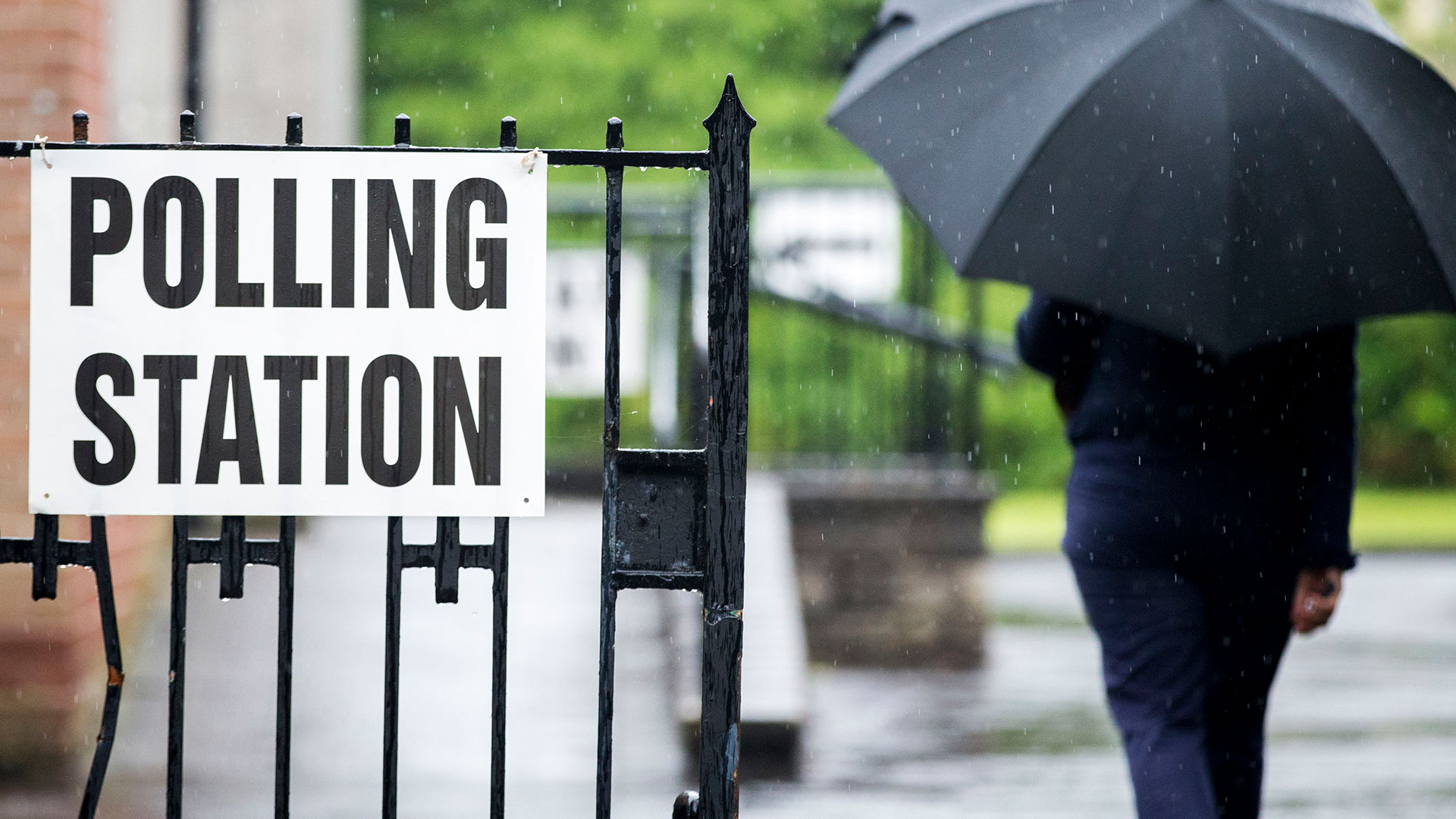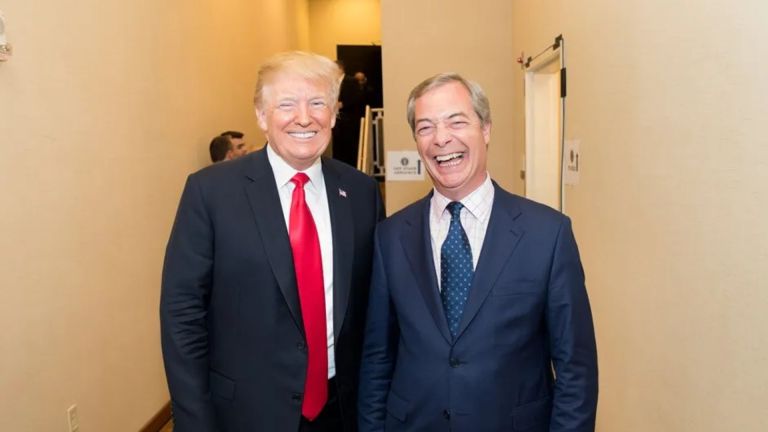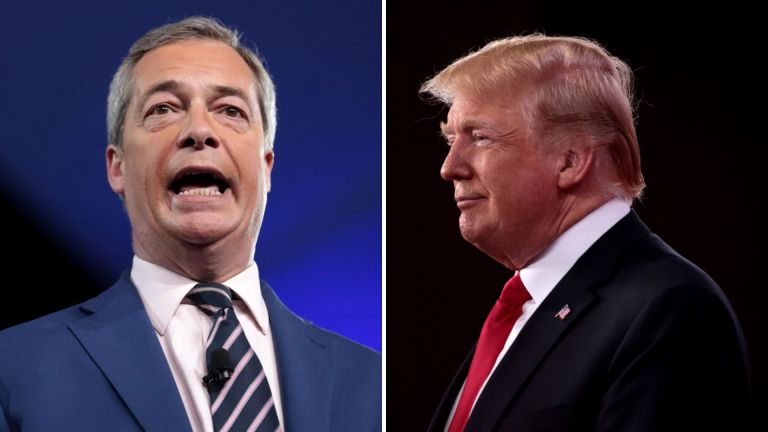He told The Big Issue: “When I was homeless I got turned away from a polling station in London when I went to vote in the EU referendum because I had no address. And then to find out that I wasn’t even classed as part of the population was deflating, especially when you are trying to sort your life out, it’s demoralising as well.”
A 2015 Electoral Commission report found that 3.5 million UK citizens do not have access to photo ID while 11 million do not have a passport or driving licence.
Fears that these people would be excluded from future elections have led to the Electoral Reform Society to brand the plans “dangerous, misguided and undemocratic”.
“When millions of people lack photo ID, these mooted plans risk raising the drawbridge to huge numbers of marginalised voters – including many elderly and BAME voters,” said ERS’ chief executive Darren Hughes.
“The government have sat on their hands in the face of the actual threats to electoral integrity: anonymous ‘dark ads’, dodgy donations and disinformation. Instead of taking on the real issues, they are using a sledgehammer to crack a nut.
“Make no mistake – these plans will leave tens of thousands of legitimate voters voiceless. Ministers should focus on combating the real threats to our democracy, rather than suppressing voters’ rights.”
The government has insisted that the move is to secure elections from electoral fraud with a Cabinet Office spokesperson insisting that it is a “reasonable and proportionate” way of protecting votes.
But Labour’s Shadow Minister for Voter Engagement Cat Smith responded by calling the move “a blatant attempt by the Tories to rig the result of the next general election”.
The proposed legislation was joined in the Queen’s Speech by seven pieces of Brexit legislation and the same number of criminal justice bills designed to beef up sentencing powers against serious or violent criminals.
There were also plans for an NHS investigations body to independently assess serious healthcare incidents as well as an environmental bill to set legally binding targets to save the planet.
Animal welfare, adult social care and divorce law reforms all also got a mention.
But despite the long-standing housing and homelessness crises, there was no word on either.
That was met with frustration from charities and campaigners, who called for a shift in focus for the November Budget to offer vital support for Brits living in poverty.
“It’s frustrating to see the housing emergency missing from the government’s agenda in the face of the current crisis,” said Polly Neate, chief executive of Shelter. “With more than 300,000 people homeless and millions fighting for a stable home, this is not something it can ignore.”
Joseph Rowntree Foundation’s Claire Ainsley added: “Today’s speech may have been billed as offering an optimistic vision of the future but if you are struggling to get by you will have seen very little action today to loosen the grip of poverty.
“The government must now step up to address people’s everyday concerns and listen to the clear message from people on low incomes whose votes could be decisive at the next election.”









